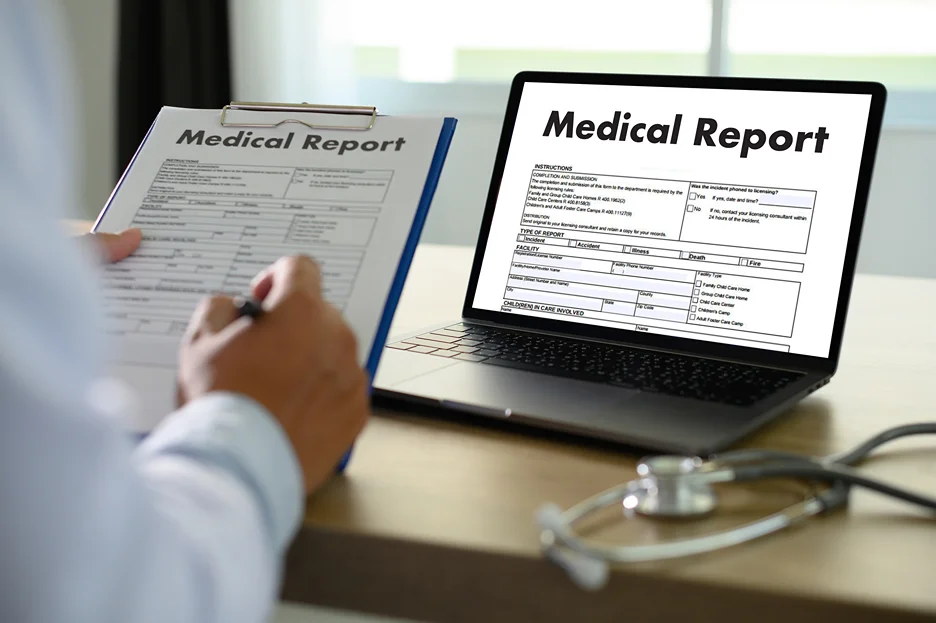In the era of technological innovation, healthcare organizations worldwide have transitioned from paper-based records to Electronic Medical Records and Electronic Health Record systems. This digital revolution promises to enhance the quality of care and improve the efficiency of health services. However, it also brings with it a slew of legal concerns that can have adverse consequences if not properly addressed.
Medical records, the cornerstone of clinical care, have undergone a digital transformation in the 21st century. However, this shift to electronic platforms has not been without its challenges, primarily in the legal realm. From privacy concerns to unintended consequences of access to health records, health professionals and providers grapple with several electronic medical records legal issues.
Understanding these aspects is crucial for healthcare providers to avoid the legal implications of EMR and safeguard both individual patients and the organization.
As with paper-based records, electronic health records' legal issues often start with privacy. Privacy dictates the patient's right to control their information. However, the rapid pace of health information technology development and the increased accessibility of digital records have heightened privacy concerns.
Healthcare professionals have a duty to maintain patient confidentiality, which extends to the use of EMR systems. The American Health Information Management Association emphasizes that confidentiality in an electronic context involves limiting access to patient data and ensuring that information is only used for its intended medical purpose.
Ensuring the security of electronic health records involves implementing physical, technical, and administrative safeguards. These safeguards protect data from unauthorized access, use, disclosure, or alteration. Maintaining security also helps mitigate potential harm to patients and organizations.
One of the legal issues with electronic medical records relates to data integrity. It is vital that the information in EMRs is accurate, up-to-date, and not susceptible to unauthorized alteration. Loss of data integrity can lead to clinical risk, potentially resulting in adverse effects on patient care and legal consequences for healthcare providers.
Healthcare organizations are obligated to comply with various regulations related to the use of EMRs. Non-compliance can result in legal issues impacting electronic health records, including financial penalties and potential harm to an organization's reputation.
The legal aspects of electronic health records are complex, necessitating a proactive approach by healthcare providers to identify and address potential risks. These are some of the most common legal concerns regarding the EHR system.
One of the main legal concerns about electronic health records is unauthorized access, which can lead to breaches of privacy. Healthcare providers must ensure that technical safeguards are in place to prevent such occurrences.
EMR systems can be prone to errors and omissions, which may lead to adverse patient outcomes and legal implications for healthcare providers. Regular audits and quality assurance checks can help mitigate this risk.
In the event of an EHR system failure, the question arises: who is liable? Is it the healthcare provider, the system vendor, or both? Understanding the legalities of EHR adoption can help in navigating these issues.
Non-compliance with regulations such as the Health Insurance Portability and Accountability Act (HIPAA) and the Health Information Technology for Economic and Clinical Health Act (HITECH) can lead to hefty fines and legal action. Thus, awareness and understanding of these regulations are key to avoiding the legal implications of EMR.
The use of EMR also raises ethical concerns. For example, with the integration of artificial intelligence in EMR systems, who is responsible if an AI-driven clinical decision leads to adverse patient outcomes? Such ethical issues are a significant part of the legal considerations for electronic medical records.

Navigating the legal landscape of electronic medical records requires a comprehensive strategy. Here are five potential ways to reduce the legal risks of electronic health records:
Just as EMR systems contribute to improved patient care, they also provide significant legal advantages for healthcare providers. Efficient data management facilitated by these systems not only minimizes errors in medical information but also serves to reduce legal risks associated with manual, paper-based records:

Calysta EMR is not just a tool for managing patient health data and improving service delivery. It's also designed to help your practice navigate the complexities of legal issues surrounding electronic health records:
By incorporating these features, Calysta EMR demonstrates an understanding of the legal considerations for electronic medical records. It's more than just a tool for enhancing practice efficiency and patient care — it's a partner in navigating the legalities of modern digital healthcare.
Learn more about Calysta EMR as a valuable tool for improving patient care and a strategic asset in managing the legal concerns associated with electronic medical records. Contact us today or schedule a free trial.